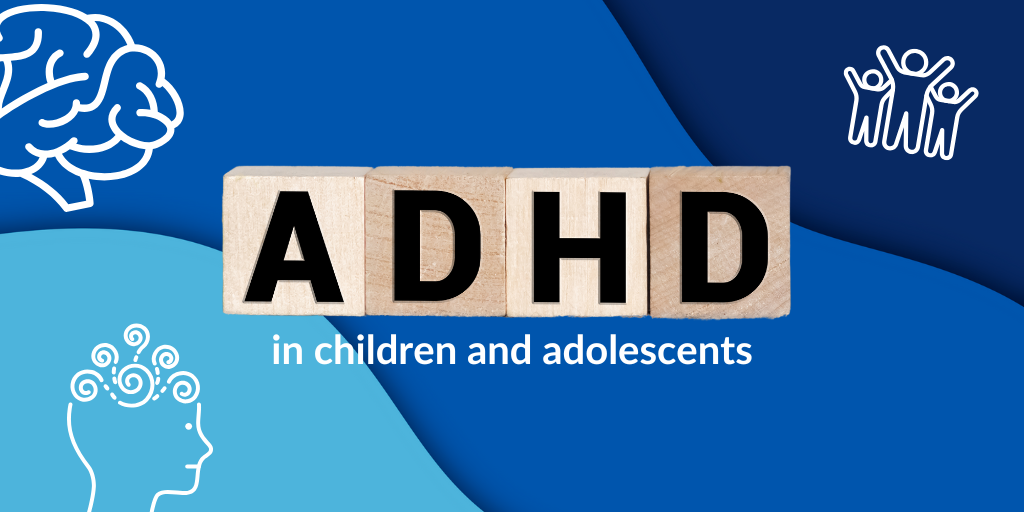ADHD in children and adolescents: Assessment, management, racialized youth, and cannabis effects

Attention deficit hyperactivity disorder (ADHD) affects up to 10% of youth and is a disorder that usually persists through the lifespan. In childhood and adolescence, ADHD is associated with considerable impairment in academic, social and mental/physical health outcomes. Understanding ADHD is critical for those who work with children and their families.
This virtual ADHD training will provide comprehensive research and strategies delivered by experts in the diagnosis and treatment of children and adolescents with ADHD.
In the morning session, Dr. Flood will provide an overview of ADHD, focusing on the differences in how it presents in males and females, as well as the comorbid disorders that often accompany ADHD. He will also address common facts and myths surrounding the condition. Following this, Dr. Almagor will present on multimodal management of ADHD, including medications and psychosocial supports for individuals with ADHD.
In the afternoon session, Ms. Nadia Kerr will explore the unique challenges faced by racialized children and their families in accessing ADHD diagnoses and receiving culturally responsive support. Dr. Flood, the author of CADDRA’s Position Statement on Cannabis and ADHD, will then discuss the impact of cannabis on the developing brain, particularly in relation to ADHD.
Learning objectives:
- Have greater clarity as to the diagnosis of ADHD, its many presentations, and its association with other mental health challenges and functional outcomes.
- Be familiar with the multimodal management for ADHD including the facts, myths and how to address the neurobiological aspect of ADHD.
- Understand the unique needs of racialized children and their families in addressing ADHD.
- Recognize the effects of cannabis on the brain from conception through adult years and know its impact on ADHD.



